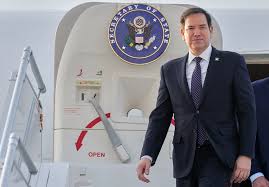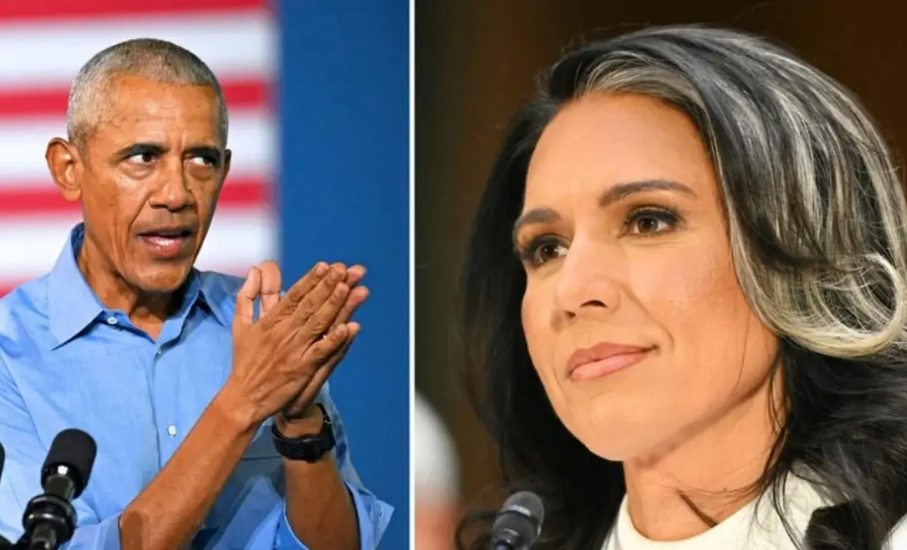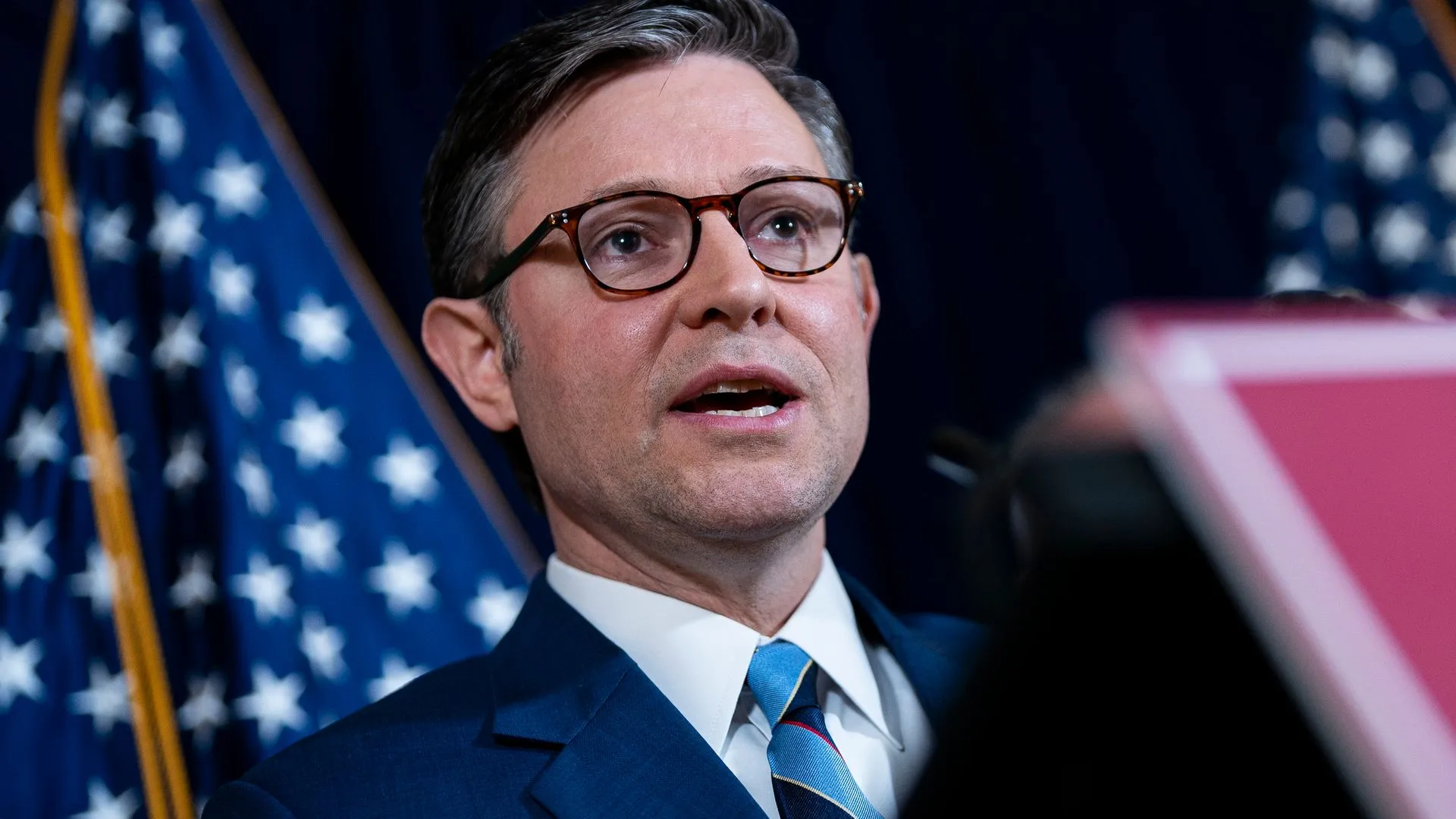Marco Rubio Targets Bureaucracy in State Department Overhaul
Senator Marco Rubio (R-FL) is spearheading a major initiative to overhaul the U.S. State Department, aligning with former President Donald Trump’s promise to dismantle entrenched bureaucracy and restore accountability. As part of Trump’s expected second-term strategy, Rubio is laying the groundwork for a significant structural and staffing reorganization aimed at cutting what he has called “bloated and unaccountable” foreign policy operations.
According to recent reports, Rubio has already begun drafting plans to decentralize the department’s decision-making authority and eliminate overlapping positions that have ballooned since the Obama and Biden administrations. The Florida senator’s effort reflects the growing sentiment among conservatives that the State Department has become too large, inefficient, and ideologically driven.
A Return to Accountability and Lean Governance
Rubio, who is poised to play a key role in foreign policy under a potential second Trump administration, said the current bureaucratic structure “prioritizes careerism and ideology over effective diplomacy and results.” His proposed reforms are centered on shrinking the agency’s footprint and reasserting presidential control over foreign policy.
“We are not going to allow the continuation of a bureaucratic class that undermines elected leadership,” Rubio reportedly said in conversations with Trump allies. His comments signal a clear break from the State Department culture that has resisted conservative policy shifts for decades.
Trump’s 2025 Vision Gains Momentum
The broader reorganization is part of Trump’s 2025 plan, which includes restoring executive authority over federal agencies and eliminating what he describes as “deep state operatives” who obstruct populist and nationalist priorities. Rubio’s initiative dovetails with this vision, proposing a full-scale audit of State Department personnel, offices, and programs.
According to The Free Press, Rubio is working in coordination with former Trump administration officials and legal scholars to create a blueprint that can be implemented immediately upon a Trump victory. The goal is to replace institutional resistance with loyalty to constitutional authority and electoral mandates.
Bloated Bureaucracy Draws Fire from Conservatives
Critics within the conservative movement have long argued that the State Department, like many federal agencies, has grown far beyond its original mandate. Under the Biden administration, staffing levels and budget allocations have increased dramatically, prompting concern about efficiency, mission creep, and ideological bias.
Rubio’s plan would reverse these trends by reducing staff redundancy, closing unnecessary regional offices, and ensuring that senior officials are appointed by the president rather than rising through internal political networks. The senator has called for stronger oversight and more rigorous performance standards for foreign service personnel.
Restoring the People’s Voice in Foreign Policy
Many conservative voters view the State Department as one of the main sources of resistance to America First policies. Under both Obama and Biden, the agency has promoted progressive cultural initiatives abroad, often at odds with traditional American values. Rubio’s approach seeks to halt these efforts and refocus the department on advancing national interests.
Rubio’s allies emphasize that the State Department’s function is not to spread ideologies but to serve the diplomatic needs of the American people. “Taxpayers should not be funding foreign activism,” said one Republican strategist familiar with the plan. “Rubio wants the department to get back to diplomacy, not social engineering.”
Restructuring for Strategic Impact
Under the proposed reorganization, regional desks and diplomatic posts would be reevaluated based on their effectiveness and relevance to U.S. interests. Offices pushing globalist agendas or duplicating the roles of other agencies may be shut down or merged. This strategy is aimed at delivering a more focused and responsive foreign policy apparatus.
Rubio is also advocating for increased presidential appointment powers and less reliance on internal promotions. This would reduce the influence of entrenched bureaucrats and ensure that foreign policy leadership reflects the values of the administration in power.
Rubio Gains Trump’s Support
The collaboration between Rubio and Trump has been described as a “strategic alliance,” with Rubio potentially being tapped for a key role in a second Trump administration. Trump has long criticized the State Department for its resistance to change and its perceived loyalty to globalist institutions.
The former president’s public backing of Rubio’s plan would not only signal unity within the GOP’s America First wing but also serve as a warning to entrenched bureaucrats that their days of unchecked influence are numbered.
Woke Priorities Under Review
One of Rubio’s major criticisms of the State Department under Democrat leadership has been its focus on left-wing cultural agendas abroad. Programs pushing gender ideology, climate activism, and racial equity in foreign nations have come under scrutiny by conservatives who view such efforts as costly distractions from strategic objectives.
Rubio’s initiative will likely include a full review of these programs, with many expected to be eliminated or defunded. As Rubio has suggested, diplomacy should prioritize peace, trade, and security—not progressive social engineering.
A Shift Toward Results-Based Diplomacy
Conservative leaders have praised Rubio’s focus on metrics and accountability. Foreign service officers and senior diplomats would be evaluated on tangible outcomes, such as securing trade agreements, defending American sovereignty, and fostering regional stability—not on their alignment with progressive causes.
This performance-based model stands in contrast to the current system, which many critics say rewards ideological conformity and longevity over actual success in the field.
Resistance Expected from the Left
Although Rubio’s efforts are backed by conservatives and Trump loyalists, they are already drawing opposition from left-leaning think tanks and career officials within the department. Some claim that the plan could “politicize” foreign policy—though supporters argue that the State Department has long been politicized in favor of leftist ideals.
Rubio has made it clear that resistance from within will not deter the effort. “We are restoring government to its rightful role—serving the will of the American people,” one Rubio aide said, reinforcing the senator’s belief in constitutional accountability.
Public Response and the Road Ahead
Among conservative voters, the response to Rubio’s plan has been overwhelmingly positive. Many view the effort as long overdue and necessary to rein in what they see as an unaccountable and un-American foreign policy establishment. If successful, Rubio’s reorganization could serve as a blueprint for reforms across other federal agencies.
While critics from the political left may attempt to derail the effort, Rubio’s initiative reflects a broader movement within the GOP to realign Washington with constitutional principles and the interests of American citizens. With Trump’s likely return to the White House, the path for execution appears increasingly clear.
A Clean Slate for America’s Diplomatic Corps
If enacted, Rubio’s proposed State Department reorganization would represent one of the most significant executive branch shake-ups in recent history. For conservatives who have long called for draining the swamp, Rubio’s leadership may finally deliver the structural reforms necessary to restore purpose and patriotism to American diplomacy.
Rubio’s mission is clear: dismantle the bureaucracy, eliminate ideological drift, and reassert the United States’ interests on the global stage with strength, clarity, and conviction.





